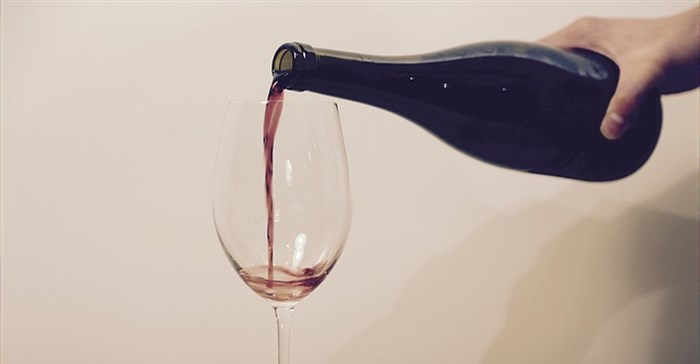
Pieter Walser, a Cape winemaker from the Blankbottle label, partnered with local "neuro-marketing" consultancy Neural Sense to test 21 white and 20 red wine varietals from vineyards across the country. Walser's emotional and cognitive responses to each taste were assessed, using neuroscience and biometric technologies. The test results were then used to create a perfect blend, a neurowine. It is available as both a red and a white wine.
South Africa is the eighth-largest wine producer in the world. Local wines are increasingly popular overseas, with exports doubling from 2005 to 2015.
"One of the pieces of technology we used - known as electroencephalography or EEG - is a device which fits around the head and picks up the electrical activity on the surface of one's scalp," said Dr David Rosenstein of Neural Sense. "It looks at how the brain is functioning and the associated brain waves, which in turn tells us various things about brain activity."
The team of scientists built a model of Walser's brain activity and, coupled with the biometric data, were able to reveal his unconscious responses to the wine-tasting experience.
"This model enabled us to determine what were the best performing aspects of the various varietals he was tasting and identify the top wine varietals that his unconscious appealed to, together with his subjective reporting, to form the neurowine blend," Rosenstein said.
Walser said his preconceptions of what wine should taste like can sometimes get in the way of formulating a blended wine. "The day I pick them, I taste the grapes and I decide more or less what the wine's going to be like, but it then goes through different phases during the winemaking process so by the time I need to bottle, I can become confused," he said.
The neuroscience method has helped him make his decision. "This neuro-marketing approach has allowed my subconscious, and not my conscious, to do the talking."
The job of a neuroscientist and neuro-marketer is to understand how people experience things, according to Neural Sense's Mark Drummond. "Using neuro-marketing techniques and technologies we are able to explore the subconscious and the underlying emotional drivers that drive decision making," he said. "This allows us to see into the hearts and minds of consumers, or winemakers in this case, giving us new insight into their experiences which can then be optimised."
Walser started his label Blankbottle because he was "fed up of tasting wines with fancy labels and wanted to create a wine brand that you could judge only on quality, not looks."
He said his wines come from an array of vineyards, allowing him to create many different wine styles. Neurowine will be available at Woolworths.

AllAfrica is a voice of, by and about Africa - aggregating, producing and distributing 2000 news and information items daily from over 130 African news organisations and our own reporters to an African and global public. We operate from Cape Town, Dakar, Lagos, Monrovia, Nairobi and Washington DC.
Go to: http://allafrica.com/